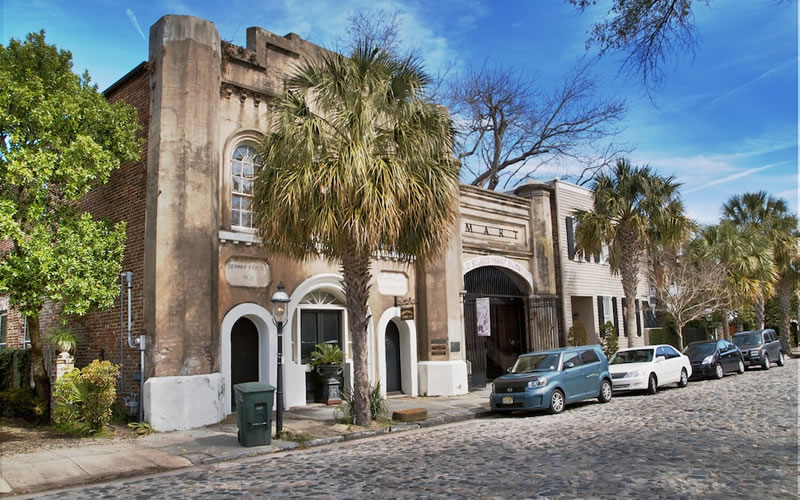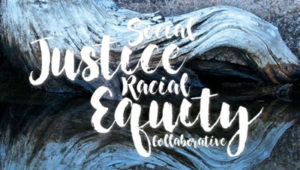
The Old Slave Mart, Charleston, S.C.
By SJRE Collaborative leaders, special to Charleston Currents | For the past 15 months, the Social Justice Racial Equity Collaborative convened by the Sophia Institute has hosted duet conversations with local black and white leaders sharing their personal perspectives and truths. On Tuesday, June 19, passage of the Resolution to Recognize, Denounce, and Apologize for the City’s role in the Institution of Slavery offers a chance for the Charleston region to begin to share its truth.
We hope you will lend your voice in support and stand with us.
- If you live in the City of Charleston, we encourage you to reach out to your council member and share your support – you can find your city council member and their contact information here.
- If you would like to add your name to our growing list of over 70 supportive individuals and organizations, click here by noon on Tuesday, June 19, so we can add you to the names we will share with City Council at the meeting.
- If you would like to join us, the City Council meeting begins at 5 p.m. in council chambers at Charleston City Hall, 80 Broad Street. The sign-up sheet for comments opens at 3 p.m.
Background on this historical journey
 The idea to seek this apology came from of a June 2017 planning retreat of the SJRE Collaborative to advance its mission to inspire collaborative action by advancing bold strategies that promote personal, structural, and systemic change in social justice and racial equity through truth, healing, and transformation. Melissa Maddox-Evans chaired the effort to develop the approved draft that SJRE Collaborative leadership team gave to the city, and shepherded it through its refining process and its ultimate placement on the city council agenda.
The idea to seek this apology came from of a June 2017 planning retreat of the SJRE Collaborative to advance its mission to inspire collaborative action by advancing bold strategies that promote personal, structural, and systemic change in social justice and racial equity through truth, healing, and transformation. Melissa Maddox-Evans chaired the effort to develop the approved draft that SJRE Collaborative leadership team gave to the city, and shepherded it through its refining process and its ultimate placement on the city council agenda.
This resolution is not an apology by any individual. It’s an apology made on behalf of the city of Charleston for its central role in regulating, supporting and fostering slavery and the resulting atrocities inflicted by the institution of slavery.
This resolution is a formal recognition that the prosperity and robust economy of this city began with a dependency upon the free labor, technical expertise and craftsmanship of those peoples who were enslaved, as well as the possession and sale of those who were enslaved.
This resolution opens the door to a better understanding of Charleston as a capital of slavery, a birthplace of the Confederacy. and a leader in creating and maintaining the justification and vestiges of slavery after the Civil War in many aspects of living, such as in its commerce, housing, education and public spaces.
This resolution offers commitments, calls of action, pledges and assurances to promote racial equality and work for equity in health, education, jobs, housing and livability.
The United States Congress, nine states and a few other cities have apologized for slavery — a list that does not include the state of South Carolina or any of its cities. An approval on Tuesday will enable Charleston to join this list and inspire others to follow.
A call to action
As The Post and Courier‘s editorial board recognized: “A slavery apology resolution can’t right centuries of wrongs. But it is an apology, which is what good people do when they’ve harmed someone else. It makes a powerful statement. And sometimes words can go a long way in helping to heal old wounds.”
We hope you will join us in calling for Charleston City Council to make this powerful statement and begin the healing our community needs.
This commentary is authored by Barbara Kelley-Duncan and Carolyn Rivers, co-chairs of the Social Justice Racial Equity Collaborative, and Melissa Maddox-Evans, chair of the organization’s Apology Committee.
- Have a comment? Send to: editor@charlestoncurrents.com



 We Can Do Better, South Carolina!
We Can Do Better, South Carolina!

























One Comment